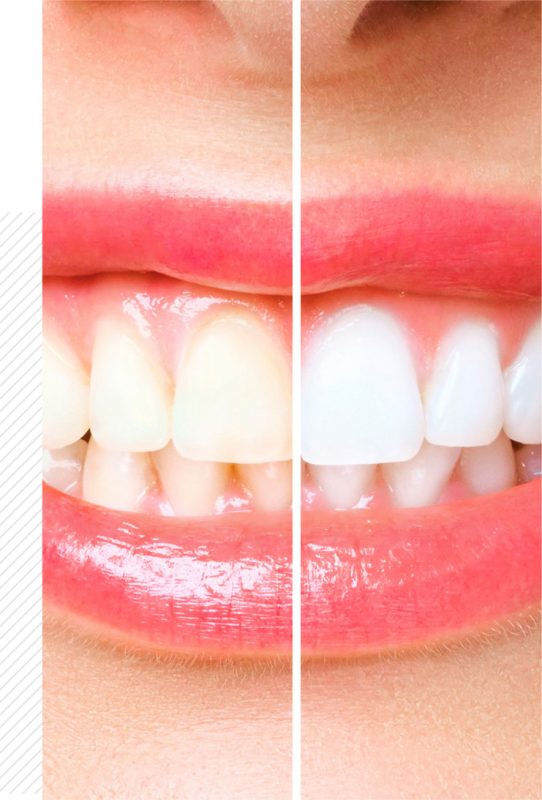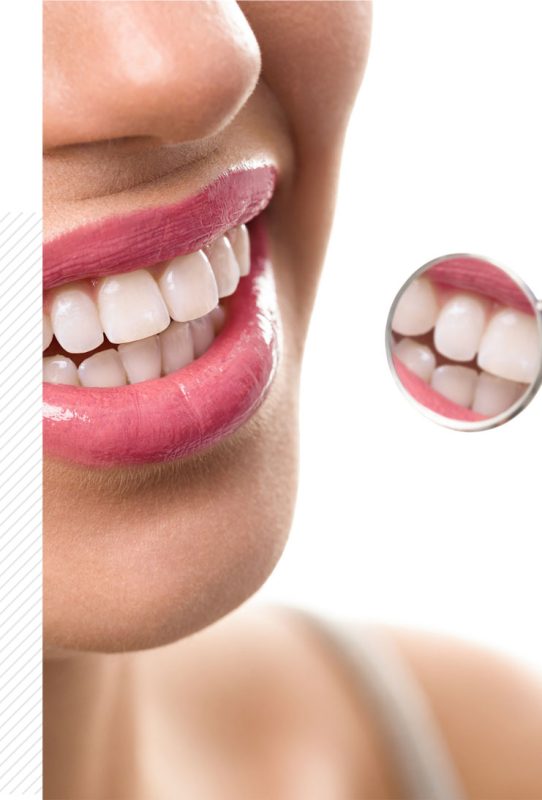Sleep Apnea
Sleep apnea is a serious disorder that interrupts a person’s breathing during sleep. There are three main types of sleep apnea: obstructive, central, and mixed.
Obstructive Sleep Apnea (OSA)
This occurs when something blocks the airway. Generally, this occurs when the soft tissue collapses in the back of the throat during sleep. Obstructive sleep apnea is the most common type.
Central Sleep Apnea (CSA) – Lack of signal from the brain instructing the body to breathe.
CSA occurs when there is a lack of a signal from the brain instructing the body to breathe. This may be triggered by certain types of medical conditions such as arthritis, encephalitis, and Parkinson’s disease.
Mixed Sleep Apnea – A combination of both OSA and CSA.

SIGNS AND SYMPTOMS
Some of these issues may be signs of sleep apnea:
- Loud snoring
- Pauses in breath while sleeping
- Waking up feeling short of breath
- Trouble returning to sleep after waking up during the night
- Restless sleep
- Insomnia
- Headaches in the morning
- Sore throat or dry mouth when you first wake up
- Sleepiness and fatigue throughout the day despite substantial sleep
- Forgetfulness
- Difficulty concentrating
- Irritability
- Moodiness

WHO IS AT RISK?
Any person throughout his or her life may be effected. The following may increase your risk of suffering from sleep apnea:
- Small jaw
- Overweight
- Over 40 years old
- Large neck, tongue, uvula, or tonsils
- Gastroesophageal reflux (GERD)
- Nasal blockage from allergies, deviated septum, or other sinus problems.
- Family history of sleep apnea
EFFECTS
If sleep apnea is not properly treated these serious medical conditions may occur:
- Heart attack
- Stroke
- High blood pressure
- Diabetes
- Headaches
- Depression
- Asphyxiation
PREVENTION
Following a healthy lifestyle that includes a balanced diet, exercise, and a regular sleep schedule may reduce your risk of being affected by sleep apnea. To further reduce your risk of being affected, you may want to consider the following:
- Avoid alcohol, sleeping pills, and other sedatives that may relax the throat and constrict breathing.
- Try to sleep in a position that enables you to sleep easily. Keep in mind that sleeping on your back may encourage your soft tissue to collapse and restrict your breathing.
- Losing weight may alleviate stress on your neck and heart and allow you to sleep with fewer interruptions.
TREATMENT
At Turquoise Dental we understand that all of our patients have unique needs. We work hard to make sure that help is available for you to live the healthiest life possible.
A variety of methods may be used to get you to a point where you can sleep well through the night. Some treatments include:
- Tongue stabilizing devices
- Custom designed mouth tray
- Continuous positive airway pressure (CPAP) machines
Come in for a consultation to determine the type of sleep apnea treatment that is best suited for you!
If you have any questions or concerns please feel free to contact our friendly staff at (949) 454-7474.








